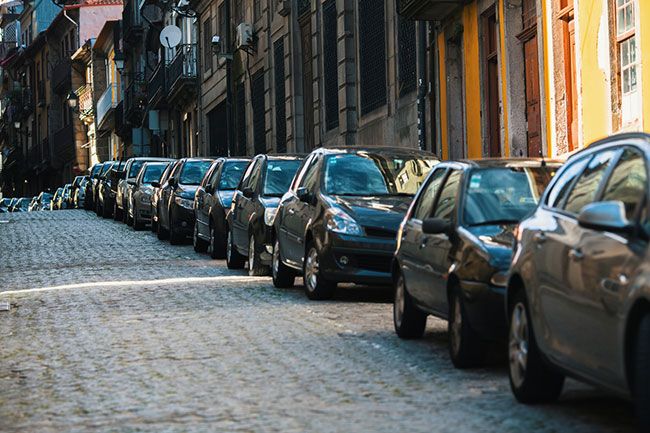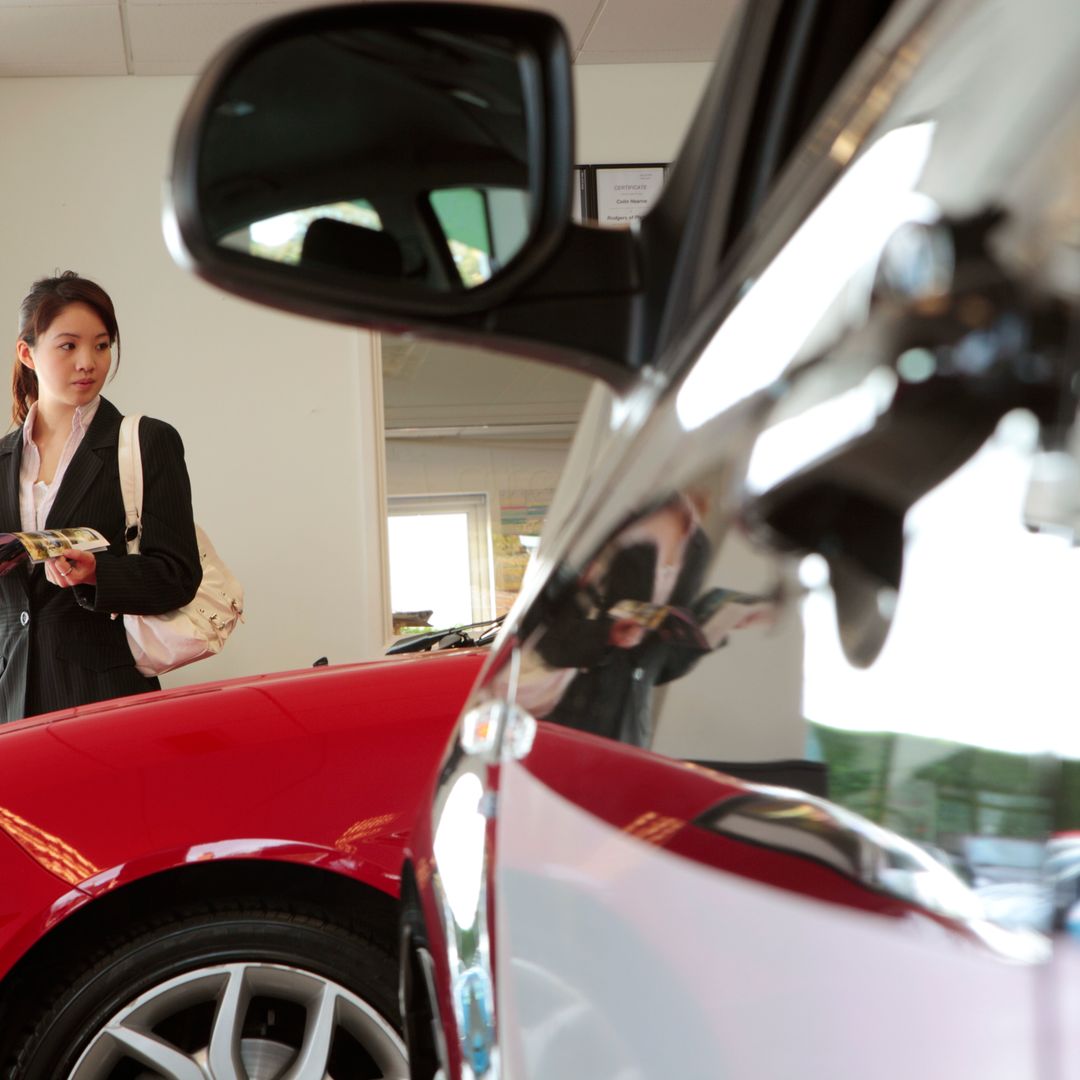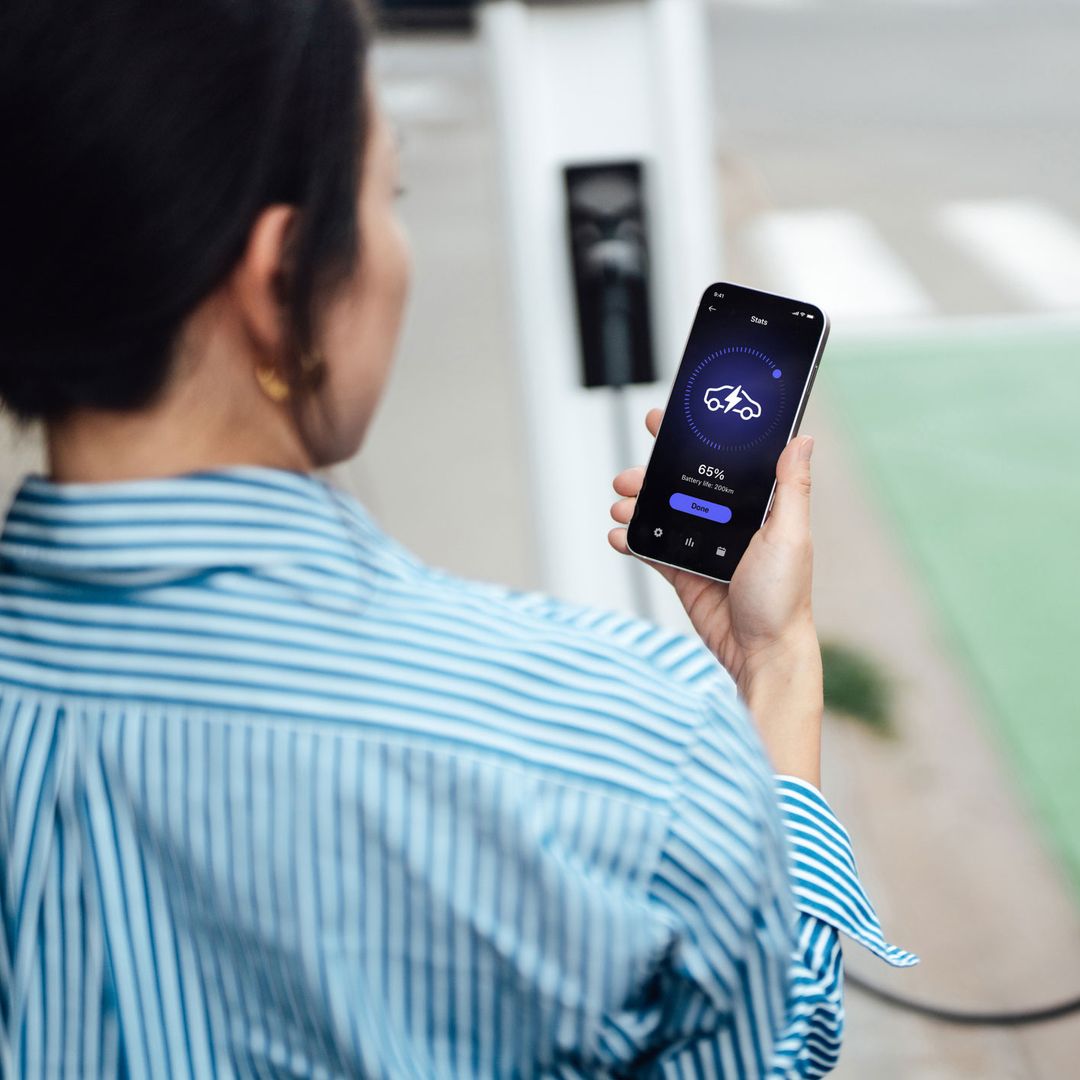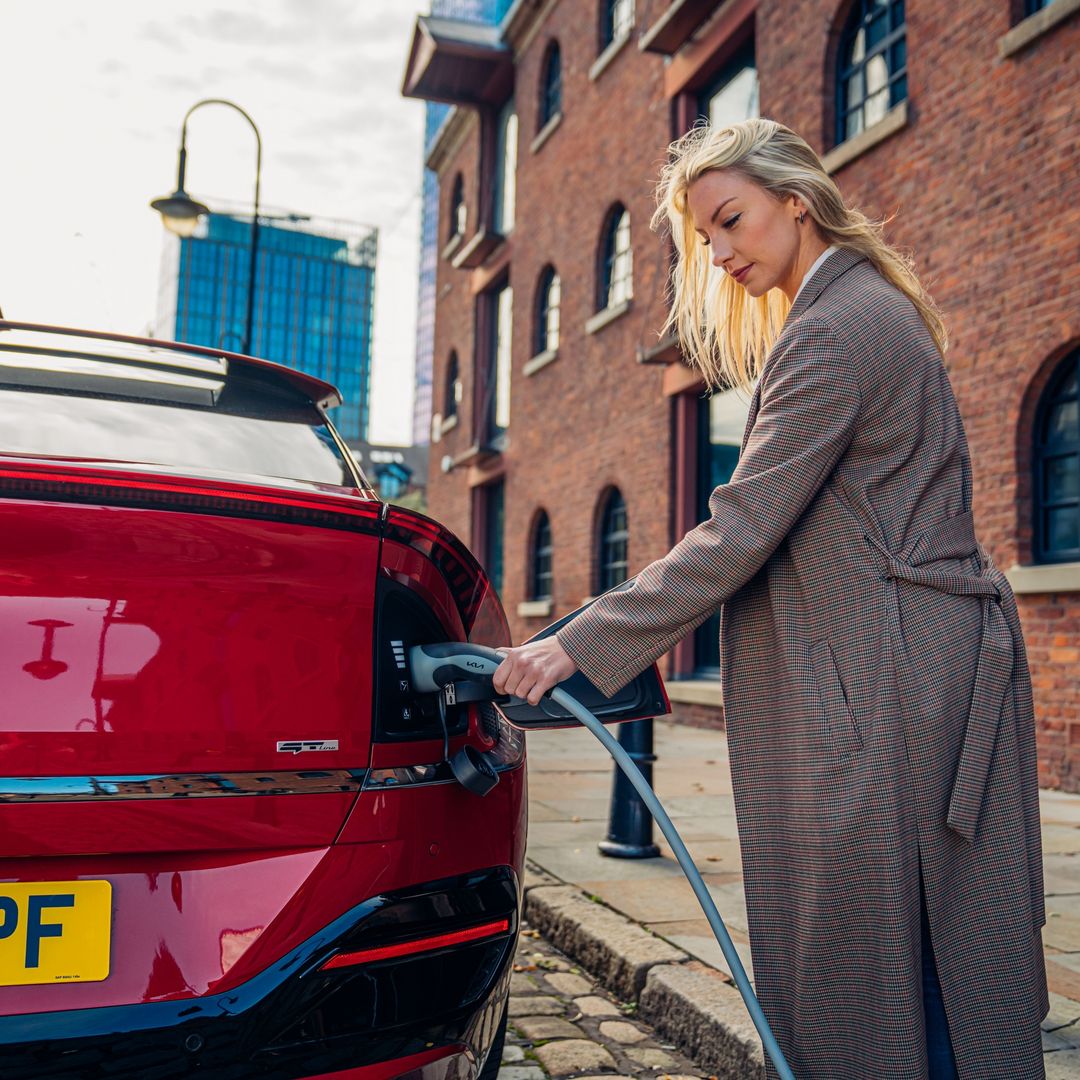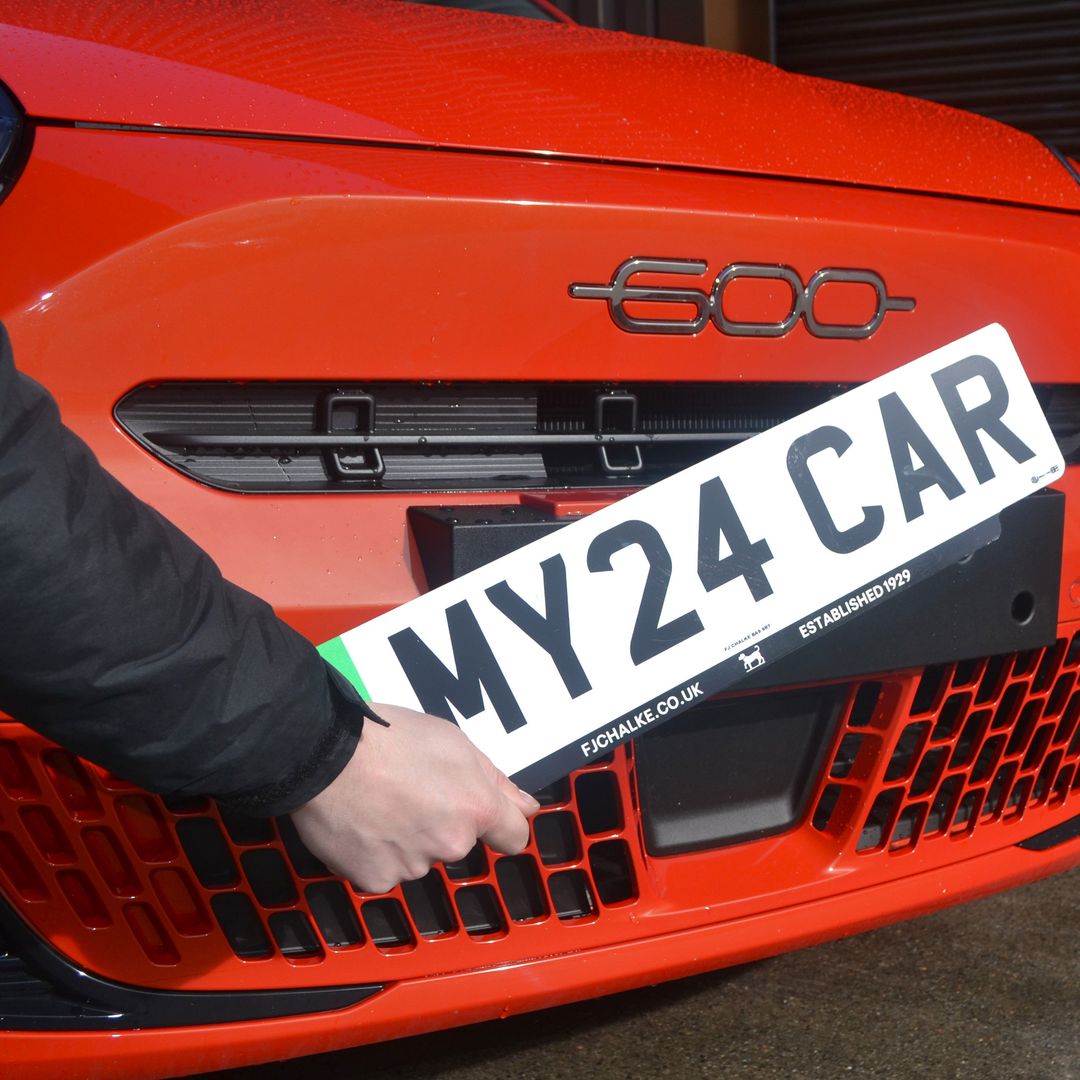Car drivers are faced with new challenges every year, whether it's new or revised laws to keep us all safe or fresh ways to tackle air pollution and climate change. This year is no exception, so here's a round-up of the key changes for 2021...
MORE: 10 best cars for new drivers in 2021
1. New 'greener' petrol
Arguably the most important development in 2021 will be the introduction of E10 fuel. It will be available from service stations in the UK from September and will join the existing E5 'regular' and 'super' unleaded petrol options at the pumps.
A blend of petrol and ethanol, the Government says E10 could cut transport CO2 emissions by 750,000 tonnes a year – the equivalent of taking 350,000 cars off the road. The ethanol used is made from materials including low-grade grains, sugars and waste wood.
However, a small number of older vehicles, including classic cars and some from the early 2000s, will still need E5 fuel, which is why it remains as an option. Engine damage could be caused to cars incompatible with the new fuel. If you're in any doubt, check if your vehicle can run on E10 petrol using the Government's simple online tool.
2. Driving in Europe
There were fears that British motorists would need an International Driving Permit (IDP) to drive in Europe because of Brexit, but that was averted thanks to a last-minute deal between the UK and EU.
However, you might need an IDP to drive in some EU countries and Norway if you have a paper driving licence and/or a licence that was issued in Gibraltar, Guernsey, Jersey or the Isle of Man. An IDP can be bought over the counter at the Post Office (£5.50) and you can check if you need one using an online checker.
If you drive your car in Europe you must display a GB sticker clearly on the rear of your vehicle if it's registered in the UK, even if your number plate already shows GB with an EU symbol. You could get a fine if you do not have a GB sticker.
You will also need a Green Card as proof of motor insurance cover when driving in the EU. You can get one from your motor insurer, and the Association of British Insurers (ABI) recommends applying for one at least a month before your trip. You need a second Green Card if you’re going to be towing a caravan, as it’s one per vehicle. A Green Card is not needed if you're hiring a car in Europe.
SEE THE PICS: First cars of the royals, from Kate Middleton to Princess Diana
3. Mobile phone crackdown
A loophole which previously enabled drivers to take photos and video behind the wheel has finally been closed. If you're caught holding a mobile phone for any reason while operating a car you will face a £200 fine and six penalty points.
4. Clean air zones
From October 25 2021, London's Ultra Low Emission Zone (ULEZ) is expanding to create a single, larger zone up to the North Circular Road (A406) and South Circular Road (A205). It's hoped the extension will improve the health of Londoners by cleaning up the city’s toxic air, which is thought to lead to the early deaths of thousands of people in the UK every year. Other towns and cities, including Birmingham, Bristol, Bradford, Leicester, Newcastle, Portsmouth and Sheffield, are planning their own versions of London's Clean Air Zone (CAZ). Bath's CAZ (the first outside London) is already operating.
It does not affect private car owners. Instead, it's targeted at high-emission vans, private hire vehicles and taxis (they will all be charged £9 a day to enter the city centre), while non-compliant buses, coaches and HGVs will face a £100 daily charge. Birmingham's Clean Air Zone is launching on 1 June 2021. Non-compliant cars, taxis and vans will be charged £8 per day, while HGVs, coaches and buses will pay a £50 per day charge. Use the Government’s online tool to check whether you'll be charged to drive in a CAZ.
5. Pavement parking ban
Drivers could be banned from parking on pavements later this year. Ministers are considering whether to extend London’s ban to the whole country, with £70 fines for rule-breakers. The Department for Transport launched a consultation on three possible options in relation to the nationwide ban and the results are expected to be announced in 2021.
Parking on pavements means wheelchair users, visually impaired people and parents with pushchairs can be forced into the road, which is not only dangerous but can also discourage people from walking.
MORE: Land Rover Defender review: The Queen's favourite car gets a makeover
6. Vehicle Excise Duty (VED)
VED, also known as Car Tax or Road Tax, rises every tax year. The first year of VED for a new car is included in its on-the-road (OTR) price and is based on its carbon dioxide emissions. It ranges from £0 for zero-emission vehicles (eg electric cars) to £2,245 for the most polluting models (255g/km of CO2).
A flat annual rate (£155 in 2021, up from £150) applies from second year onwards for most cars, though there are small discounts for drivers of hybrids and electric vehicles. However, there is an additional tax rate for cars that cost more than £40,000. From April 2021, this rose to £335 a year, and is charged annually for five years, starting after your first-year tax runs out.
7. Company car tax
When a car is provided by your employer and you're also allowed to use it for private journeys, a tax is charged. Often called company car tax, its proper name is benefit in kind (BIK) tax, and is an area of taxation that covers benefits provided by employers.
BIK is split into various bands and is largely based on a vehicle’s CO2 emissions. For 2021, BIK tax rates went up in line with inflation, while drivers of zero emissions cars must pay tax for the first time. They were added to the lowest 1% tax bracket for the 2021/2022 financial year.
8. Mandatory speed limiters
Looking ahead to 2022, speed limiters will be mandatory in all new cars. Known as an Intelligent Speed Assistant system (ISA), it alerts drivers if they are going too fast. If the driver doesn’t slow their speed the car will intervene.
The ISA can be overridden by accelerating hard, for overtaking, or deactivated by the driver using an override switch. The European Transport Safety Council (ETSC) says limiters could reduce road accidents by 30%, saving 25,000 lives over 15 years.
TAKE THE QUIZ: How well do you know the royal's and their motors?



